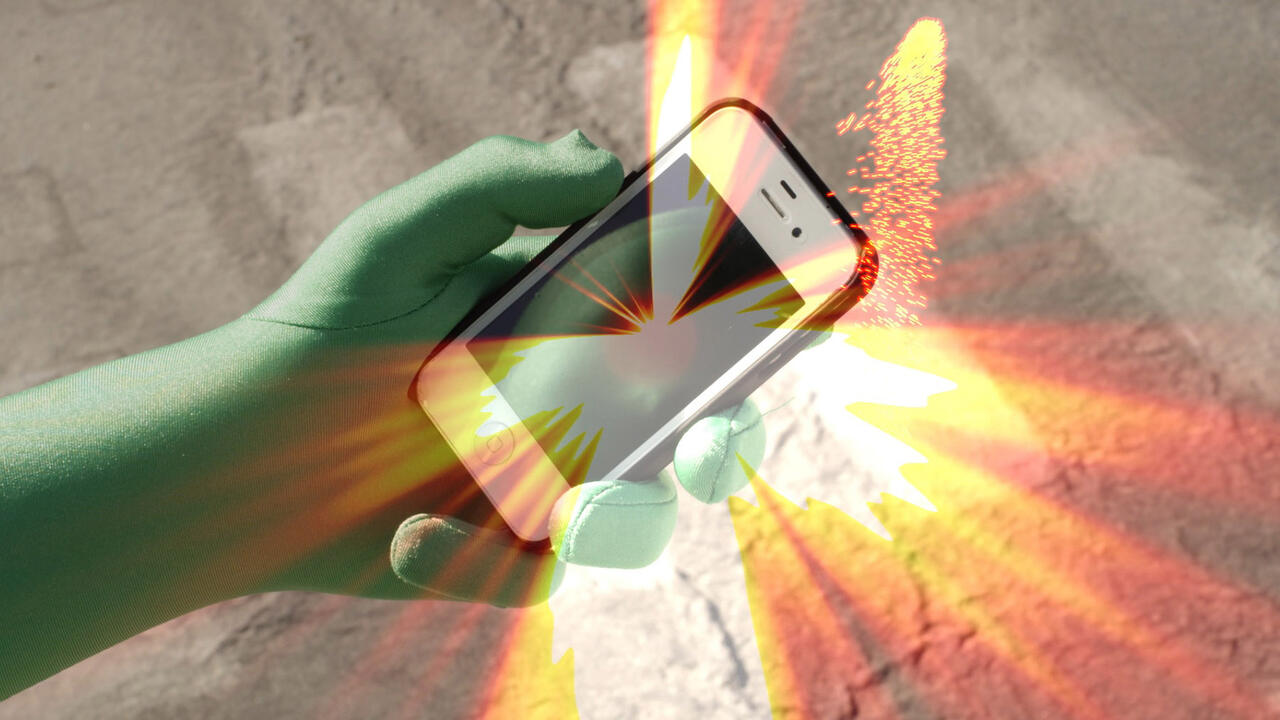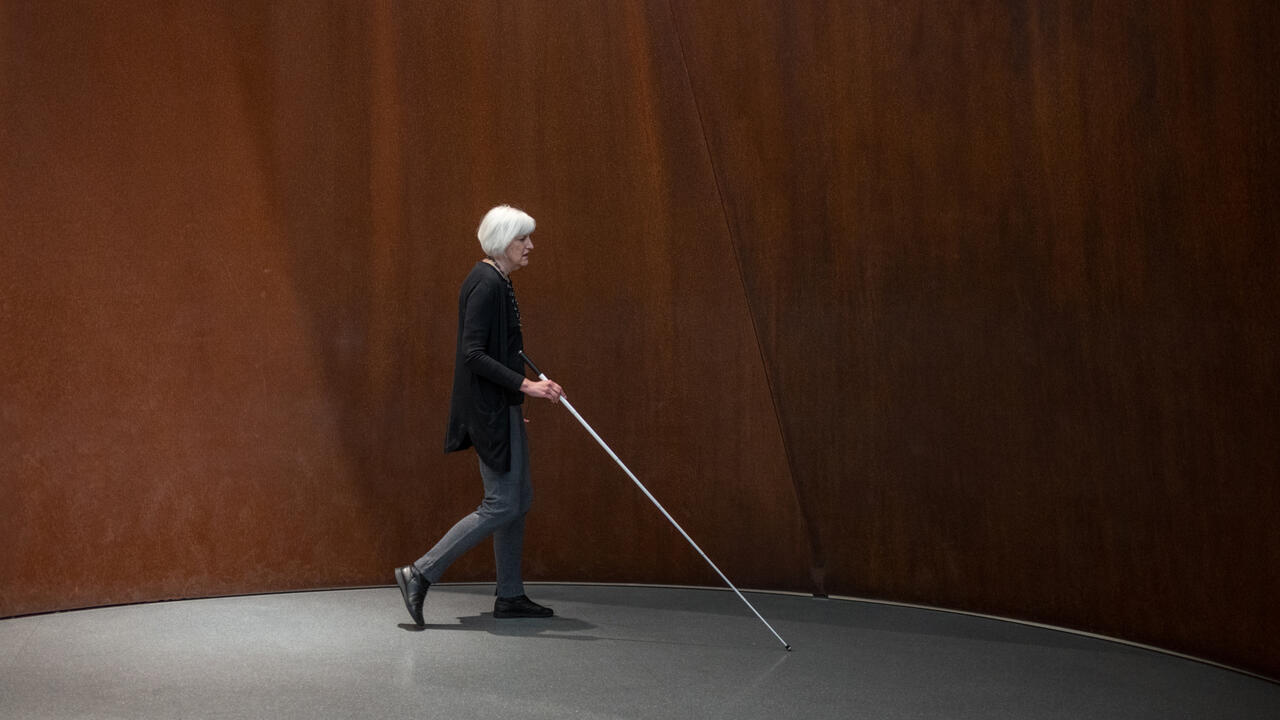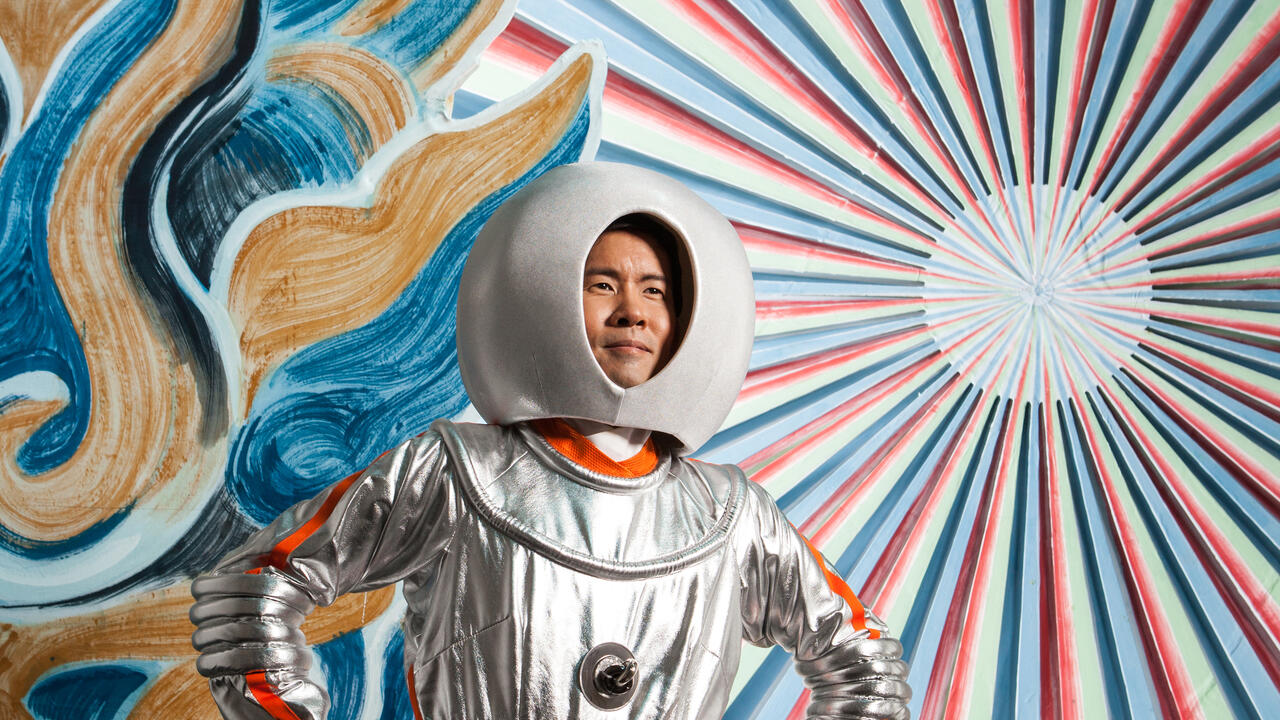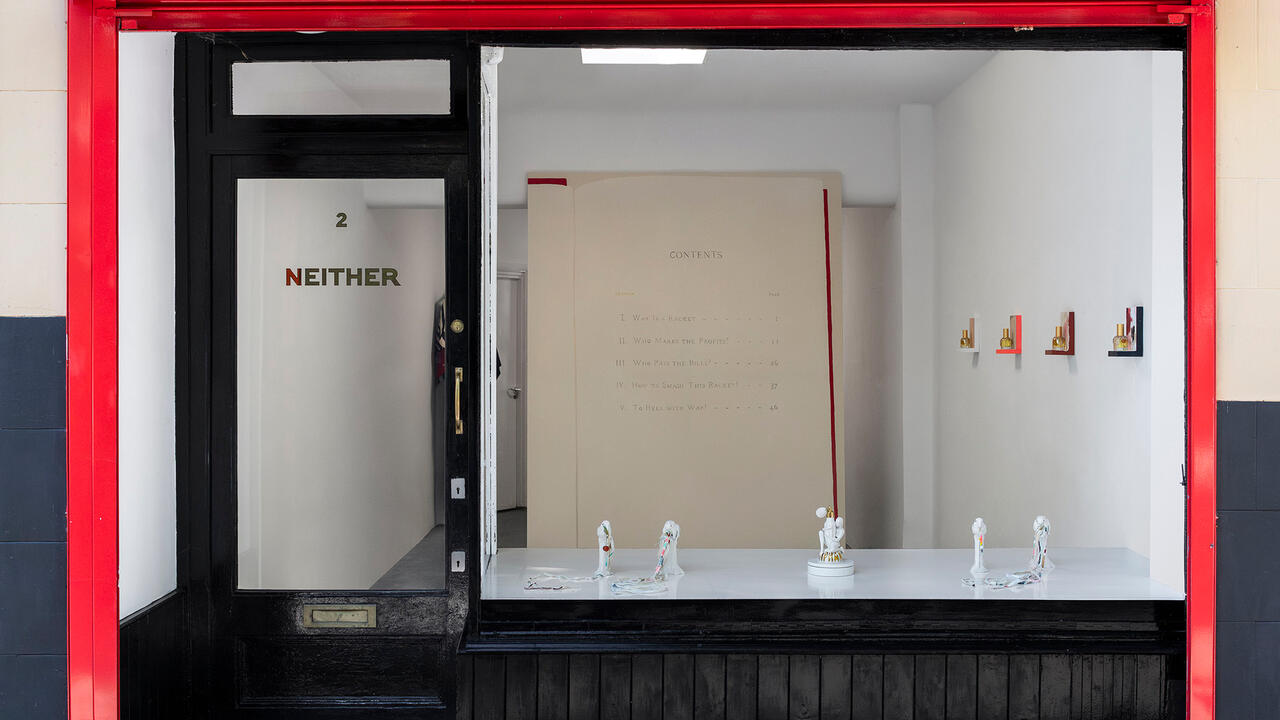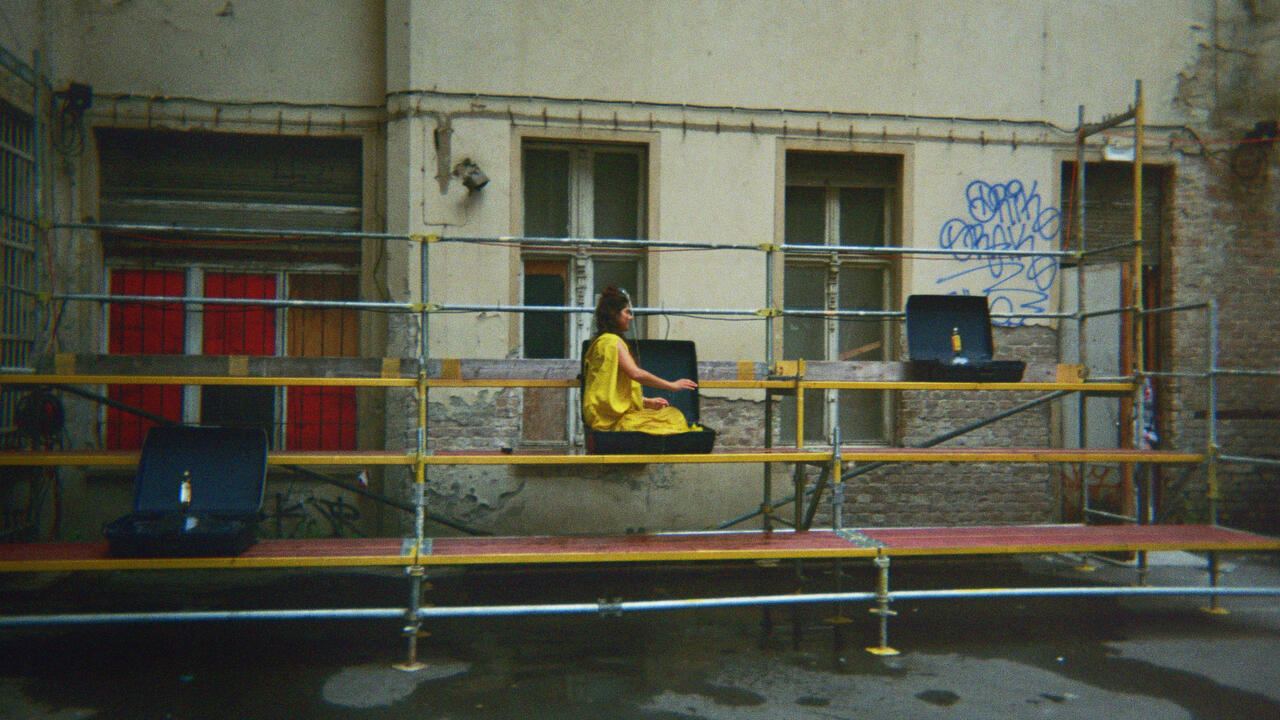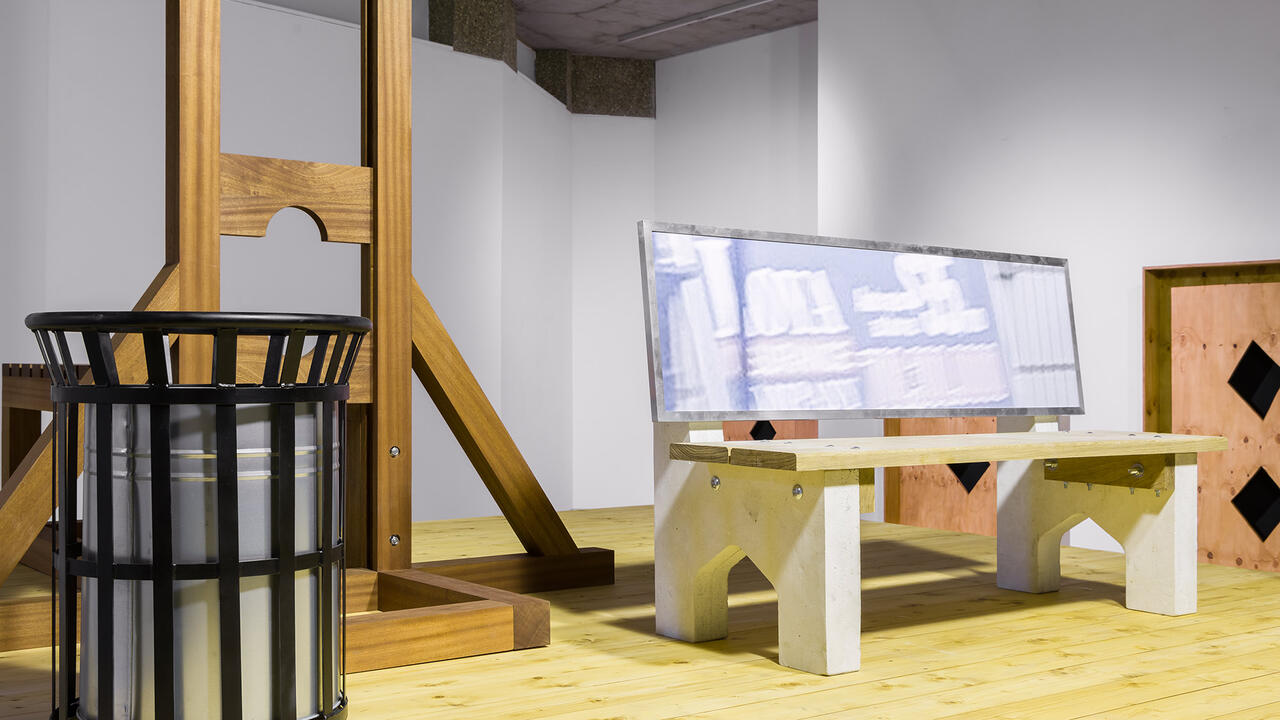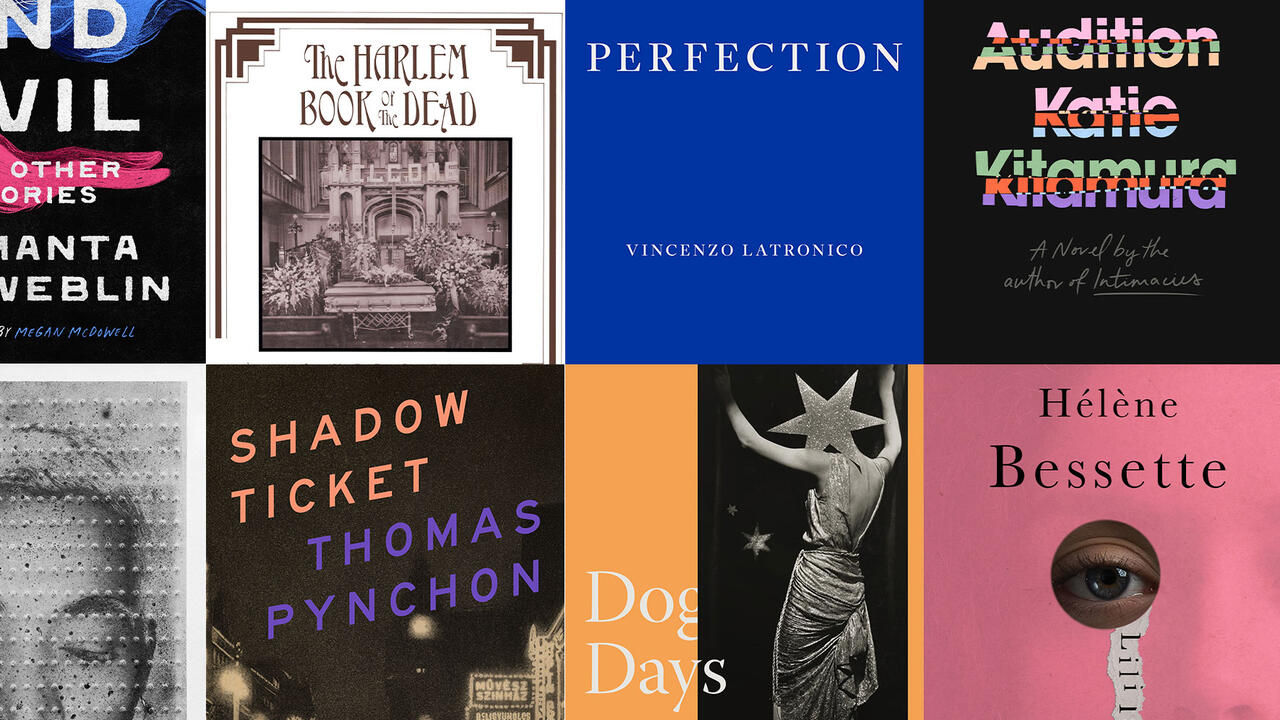Protesting Censorship in Cuba to Precarious Comedy in London, How Artists Flipped the Script in 2018
In a year marked by anger and powerlessness, artists set their sights on empowering counter-narratives
In a year marked by anger and powerlessness, artists set their sights on empowering counter-narratives

This year, I was moved by the work of artists and organizations who have handed over some of their power and visibility, and offered their platforms for the empowerment of others. 2018 has been marked by the worsening of situations including Brexit, the Trump presidency, and climate change, which have caused widespread feelings of powerlessness and anger. But there has also been a burgeoning sense that change is possible, with an increasing recognition of the power of civic engagement on a local level, for example with the diversity of candidates in the US mid-term election campaigns and their significant victories.

In October, Cuban artist Tania Bruguera shared the highly visible space of her Tate Modern Turbine Hall commission for a spontaneous exhibition of the work of Bangladeshi photographer Shahidul Alam, who was imprisoned in Dhaka in August after he gave an interview to Al Jazeera about student protests against unsafe roads in Bangladesh. Alam was charged under Section 57 of Bangladesh’s Information and Communication Technology Act (ICT), which can be used to prosecute anyone who publishes digital content the government considers fake or prejudicial. The exhibition was part of a campaign for Alam’s release, led by his London-based niece, Sofia Karim. The outcome so far has been positive: Alam was freed on permanent bail on 20 November, although the charges against him still stand.

In furthering her commitment to freedom of expression, Bruguera and colleagues in Havana were arrested on 3 December for protesting Decree 349, a new law set to come into force in Cuba this month, which would require artists to be granted state approval for their activities, curtail creative freedoms and permit the government to shut down cultural events if they are deemed to be ‘damaging to ethical and cultural values’. Bruguera and her fellow activists’s release on 6 December came with the good news that the law would not be enforced as planned. But according to Cuba’s vice-minister of culture Fernando Roja, exhibitions will be shut down ‘in extreme cases, such as public obscenity, racist or sexist content’. This still begs the question as to who sets such standards. In the meantime, Bruguera, Karim and Alam’s actions continue to inspire for their courage, optimism and empowering generosity.
In London, a group of artists and art lecturers who worked regularly at the National Gallery for decades, delivering talks, courses and workshops, have been campaigning for most of 2018 to bring a suit against the gallery for unfair dismissal and discrimination in respect to longevity of service, sex and age. Calling themselves the National Gallery 27, they have raised over GBP£75,000 through a crowdfunding campaign to pay for their legal bills. The issue at stake is what the group refers to as ‘‘bogus’ self-employment’ in the arts, and their aim is to achieve a landmark ruling that could lead to employment law reform and greater security for self-employed people. The National Gallery 27 are asking to be recognized as employees (and at a minimum ‘workers’), rather than as self-employed, and to be granted employment benefits such as sick pay and job security. With most universities employing lecturers on zero hour contracts, and many public and private organizations using the self-employed status of their workers as a pretext to avoid granting them rights such as holiday, sick pay, and permanent contracts, arts professionals across the field are hoping for a positive outcome to the case. Until then, by taking matters in their own hands, the National Gallery 27 have shown how empowering collective action can be.

One arts organization that has long fostered empowerment through the recognition and celebration of difference is Cambridgeshire’s Wysing Arts Centre. In 2018, they announced a new model for residencies, making a more open offer, with built-in flexibility and fluidity. According to the new format residencies are tailored to the needs of applicants, who are asked to state when they would like to be in residence and for how long, rather than fit in with a specific time frame. Instead of stipulating a fixed fee Wysing has also asked artists how much funding they need for their residency projects. Finally, with an emphasis on collaboration and an understanding of the networked nature of contemporary art production, Wysing have encouraged artists to involve existing groups and peer networks in their residencies, and invited those with families to bring them along.
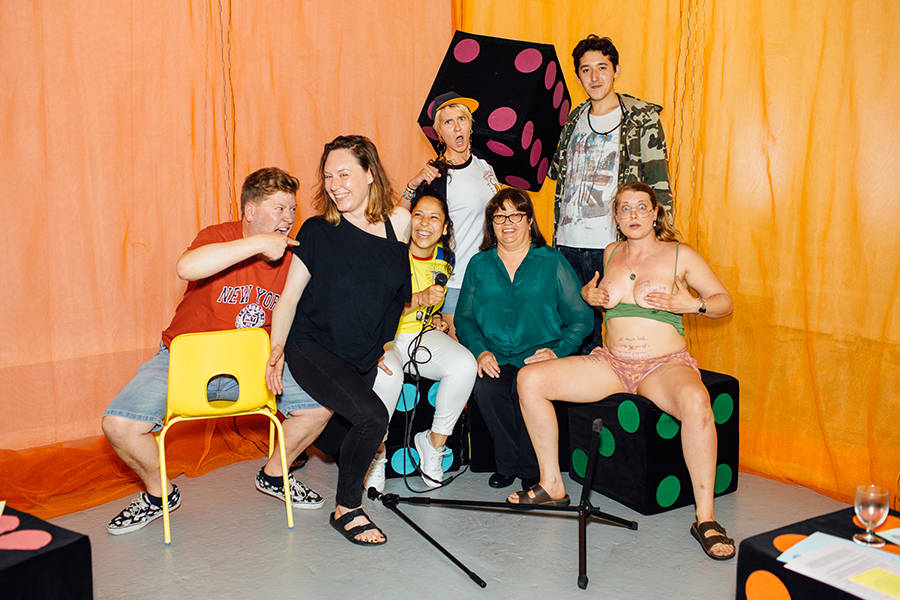
In early June, artist duo They Are Here hosted the stand-up comedy night ‘Routine’ as part of their Studio Voltaire exhibition, ‘Laughing Matter’. Earlier in the year, They Are Here artists Helen Walker and Harun Morrison had issued an open call inviting self-identified precarious workers living in London to attend several workshops in stand-up comedy led by comedian Logan Murray. Participants were paid the London living wage for attending workshops and a fee for performing at two nights of ‘Routine’. The evenings fizzed with wry humour and political urgency, and showed that empowerment can sometimes be very funny indeed. Further good news about the South London lodestar came in October, when Studio Voltaire announcement a GBP£2.3 million expansion of their studios and gallery, due to open in 2020.

In July, I visited Mansions of the Future in Lincoln, a new initiative organized by the curatorial agency Thirteen Ways, devoted to cultivating what they call ‘generous and generative’ art. Since opening in spring, Mansions of the Future has been offering Lincoln residents the free use of their building, located in a former office building and the adjacent house, to carry out cultural activities of their own devising. It has already had an enthusiastic take-up: sewing workshops, art making for adults and children, monthly debates and themed lunches are part of the programme. Like the residency call at Wysing, this open-ended invitation encourages people to switch from the passive consumption of culture to forms of creative collaboration and empowerment.
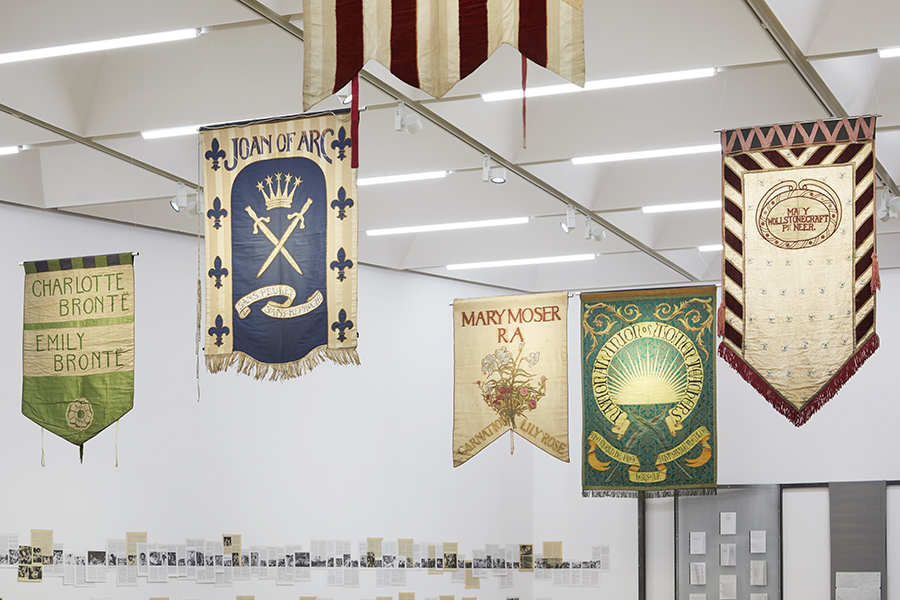
Creative strategies for empowerment and resistance were at the core of the exhibition ‘Still I Rise’, which opened at Nottingham Contemporary in October and will travel to the De La Warr Pavilion in Bexhill-on-Sea for a new iteration in February 2019. The exhibition provides a toolkit for resistance, through the work of many artists, groups and cultural figures, ranging from the women of the Paris Commune to the contemporary Igbo-Nigerian American artist and choreographer Okwui Okpokwasili. Any feelings of empowerment awakened by the exhibition can be put into action in January, when Nottingham Contemporary will host a two-day gathering exploring themes including social movements, protest and direct action; care, the commons and land; and ritual and witchcraft.
As Chelsea Manning cautioned when she spoke at an event organized by the ICA in London in October, ‘visibility is not equality’. She was speaking about her own activism and advocating the need for action and the empowerment of civilians in the face of state and corporate repression. The instances of empowerment mentioned here go beyond practices of reflecting, representing or commenting on power imbalances – although these are important too. They are about a more operative relationship to space, justice and visibility, which is achieved through the transfer or seizure of power. For me, these examples offer an encouraging counter-narrative to the story that things are constantly getting worse: they flip the script from relating detailed accounts of abuses of power, to performing acts of empowerment and self-empowerment that achieve results.
Main image: Tania Bruguera, 10,147,922, Tate Modern, 2018, installation view. Courtesy: Tate Modern; photograph: Benedict Johnson








